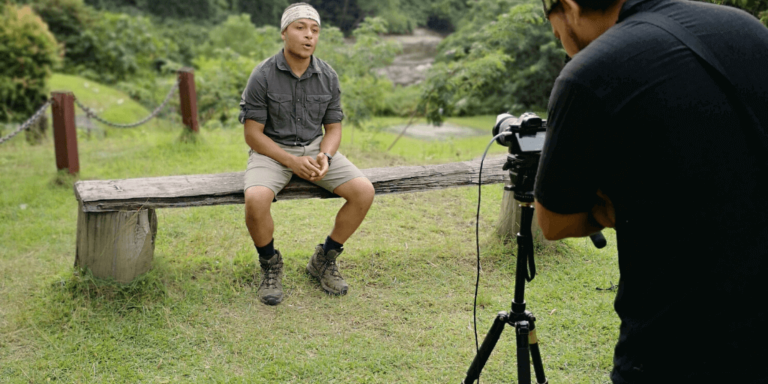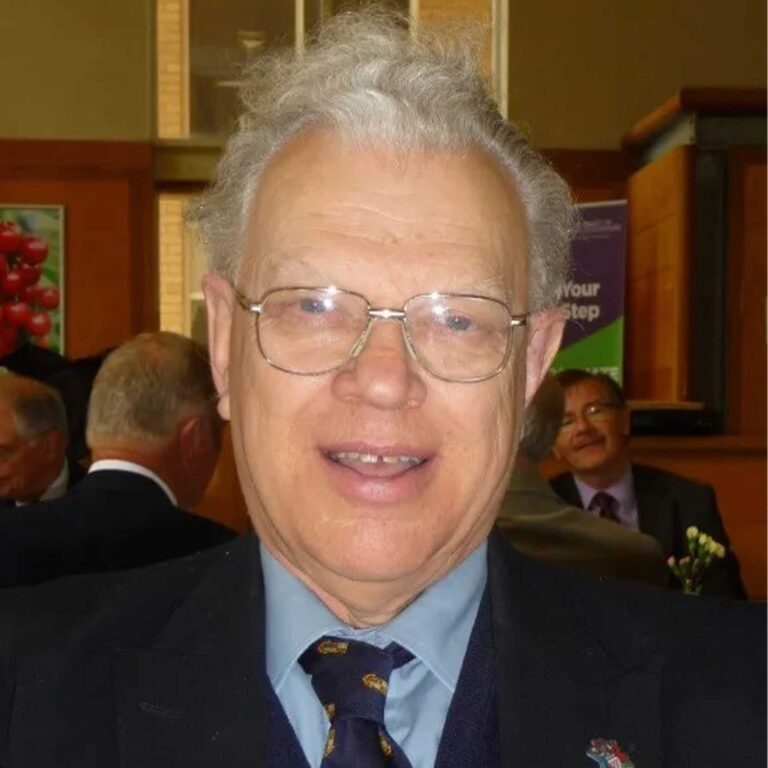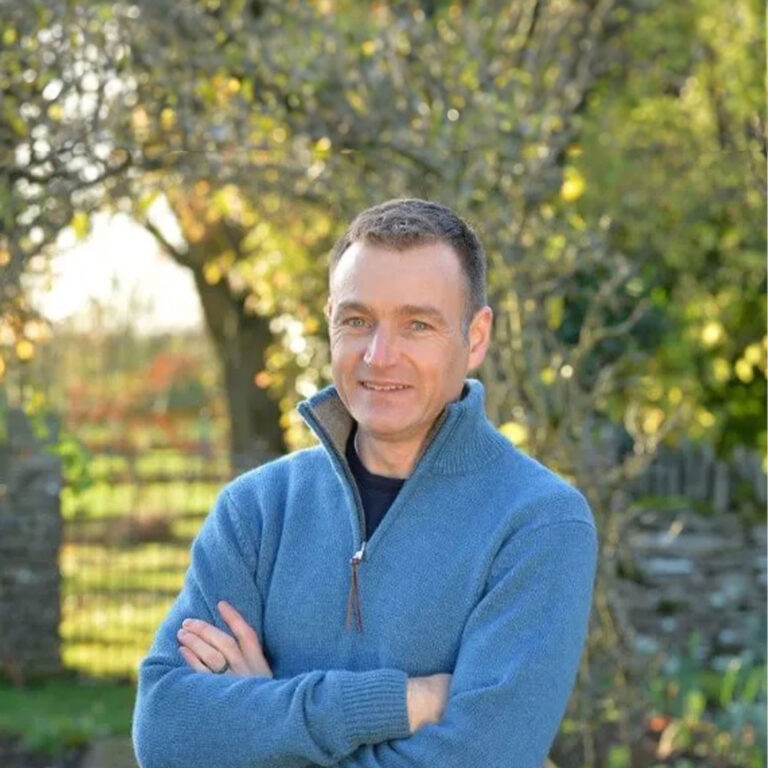| Alumni Association
Leaving less of a footprint

Tolga Aktas, Biologist, Writer and Environmental Photojournalist, has just finished his degree at the University of Gloucestershire. Here, he explores sustainable approaches in the working world in his own words.
When I first looked at studying at the University of Gloucestershire’s website profile for my BSc in Animal Biology degree back in 2016, I had no idea how many career paths you could take after graduating.
I’ve since learnt there are actually loads! From Biologist to Ecologist; Wildlife Journalist; Laboratory Technician; Conservation Biologist; Wildlife Manager; Teaching/Research and becoming an Ecological Consultant.
The mentioning of the wildlife journalist career choice caught my attention the most though.
I have been a freelance environmental photojournalist since 2014 through Ways of the Natural World, and it has been the best experiences of my life. Having the opportunity to travel the world and document current wildlife conservation, environmental and humanitarian related issues is not only fulfilling, but you obtain an invaluable sense of belonging and satisfaction knowing that you are contributing to something much bigger than yourself.
It’s important to think about sustainability in this career field though.
Most aspiring photographers, journalists and filmmakers endeavour to create engaging content that will potentially reach global audiences, however, sometimes obtaining that means extensively travelling all over the world.
The big issue is that this can be quite costly – for you and for the planet!
It must not be mistaken that environmental journalism, wildlife filmmaking, documentary photography., etc has huge benefits towards creating awareness of the many threats that the planet faces, but supporting local economies, protecting wildlife and wild spaces has to be thought about thoroughly before doing any environmental journalism/wildlife filmmaking.
So, in regards to what I think the environmental creative community should be doing for sustainability, perhaps future professionals could/should focus on these top tips:
- Work out you can do more by travelling less – stay in places longer or explore the conversation issues on your doorstep
- Use the train instead of flying where you can
- (If you really have to travel) look into carbon offsetting
- Don’t travel with unnecessary gear – this is unnecessary weight that could increase emissions
- Support local communities and economies during overseas travelling
- Protect and respect fauna and flora while travelling – don’t traffik endangered species
- Research projects and tour operators – know where your money is going and choose ethically
- Make sure creative equipment is insured, fully updated and not likely to break causing unnecessary waste
This article first appeared on our Sustainability blog, click here to find out more.



